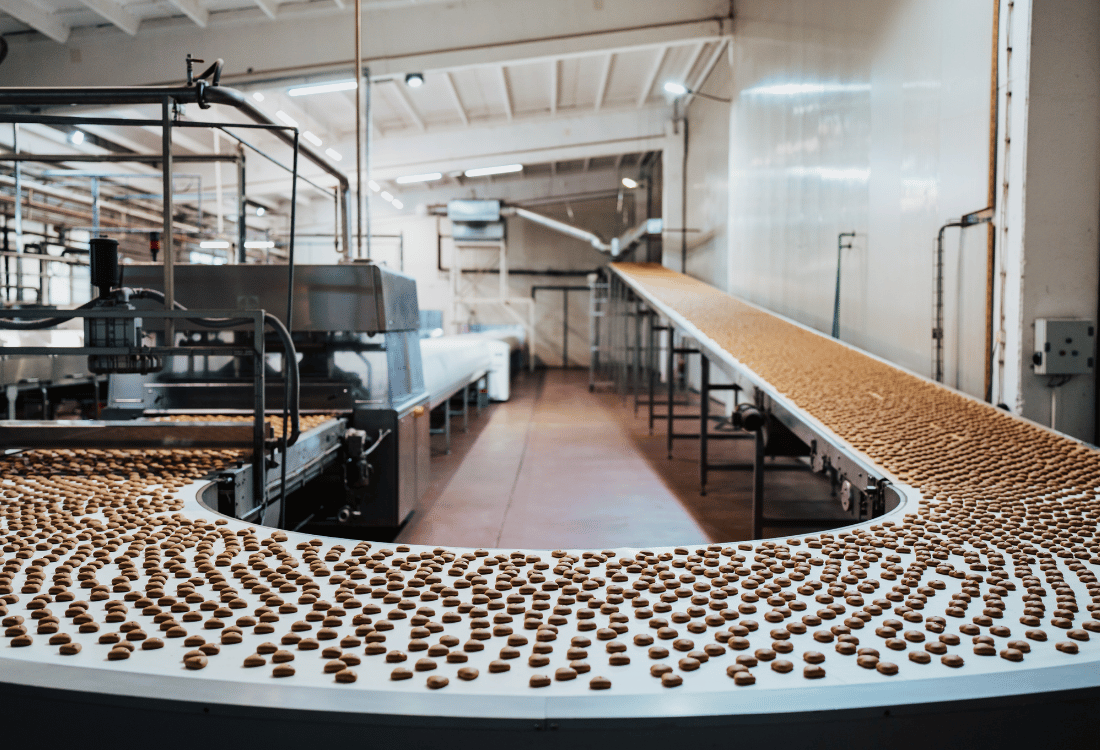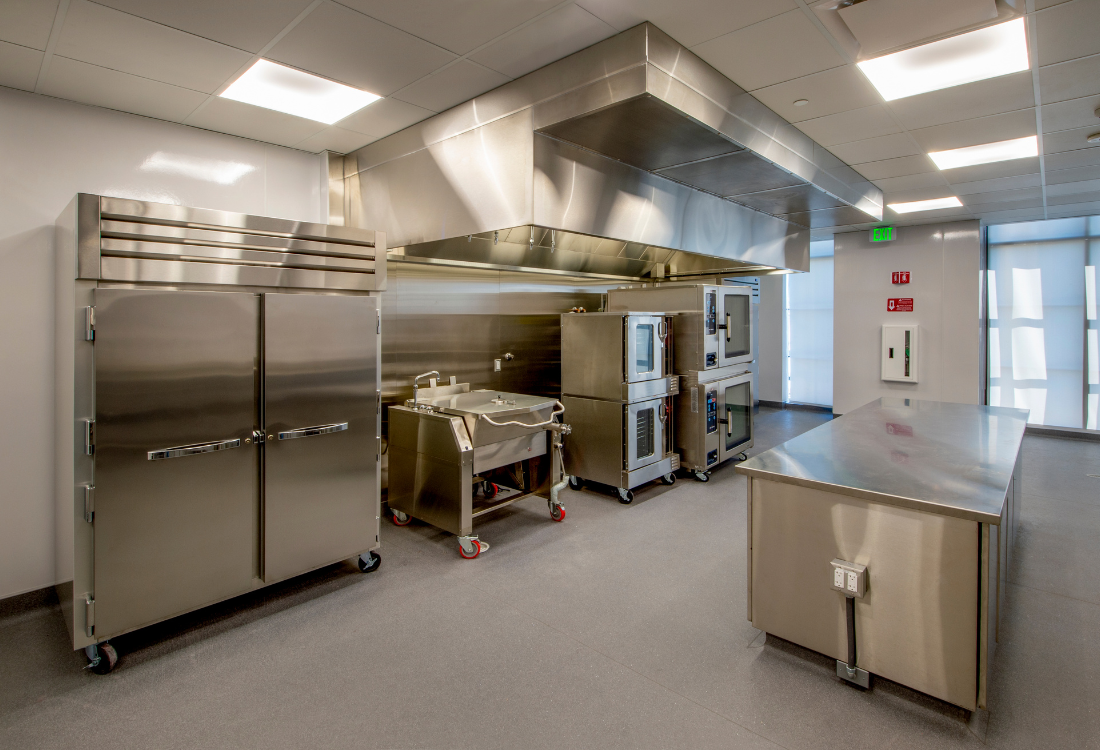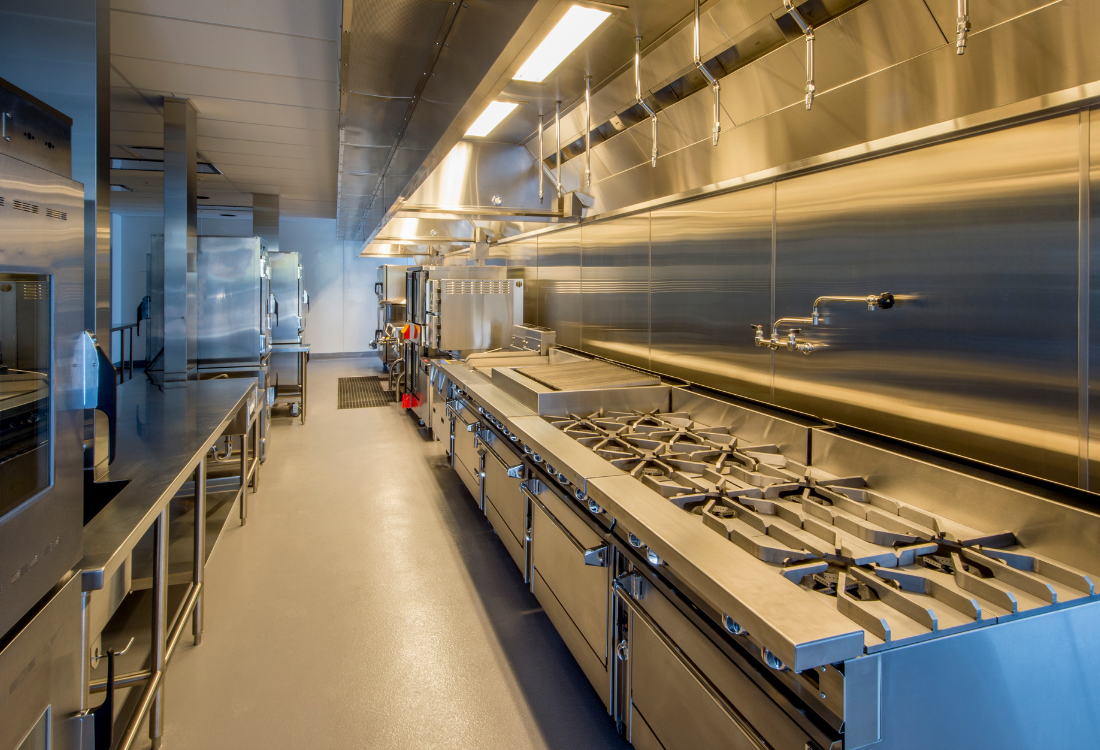5 Key Benefits of Choosing A Chemical Resistant Flooring For Laboratory
Laboratories are specialist facilities where safety, precision and cleanliness are of paramount importance. And the choice of flooring can be one of the most important decisions that facility managers and designers can make when trying to create a safe and compliant environment.
Chemical resistant flooring can bring a number of key benefits to laboratory spaces. This article will outline five of the most important advantages that specifically designed lab flooring can bring.
Protection Against Chemical Damage
Perhaps the most obvious benefits of a chemical resistant floor coating is the ability to withstand both corrosive and reactive substances. Laboratories routinely handle a wide variety of chemicals and many of these can cause significant damage to traditional flooring materials such as vinyl, standard epoxy or grout. Chemical resistant flooring systems are made from non-porous and hard wearing materials that act as a barrier against chemical reactions. This helps to maintain both the structural integrity of the flooring but also its aesthetic appearance.
Enhanced Safety
Safety is a major consideration in any workplace but perhaps it is an even greater consideration in laboratory situations where dangerous chemicals and substances are being handled. Chemical resistant flooring not only offers protection against chemical damage but can also be designed with anti-slip properties to minimise the risk of slips and falls. They can also be designed to have a seamless finish, which prevents bacteria build up and contamination.
Cleanliness and Hygiene
Laboratories need to be clean and sterile environments. Facilities that deal with food, medical diagnostics or pharmaceutical production, for example, need to maintain extremely high standards of hygiene in order to prevent cross contamination. Some traditional flooring options may absorb spills or allow microbial growth and are not suitable for these types of facilities. A chemical resistant floor is non-porous and designed with a seamless finish for greater hygiene and ease of cleaning. All of which supports compliance and meets regulatory guidelines.
Durability and Cost Efficiency
While the initial outlay for a chemical resistant floor may be higher than conventional options, the long-term cost savings are considerable. These floors are designed to withstand chemical exposure and mechanical stress, meaning they remain in better condition for longer and increase return on investment. In lab environments where you cannot afford costly downtime, this durability and cost-efficiency is paramount.
Compliance and Professionalism
Most laboratory environments are subject to strict industry standards and regulations at a governmental level. Chemical resistant flooring helps businesses to meet these standards and remain compliant, avoiding costly fines and penalties and even potential closure. It also helps to create a professional appearance for any potential clients or partners.
Find Out More About Chemical Resistant Flooring
To find out more about chemical resistant flooring for laboratory environments or to discuss your options, get in touch with a member of our Central Flooring Services team. We’re always happy to talk through your options.
You May Also Like
These Related Stories

The Best Flooring Solutions For Food & Drink Processing Businesses?

5 Main Types of Slip Resistant Resin Flooring


